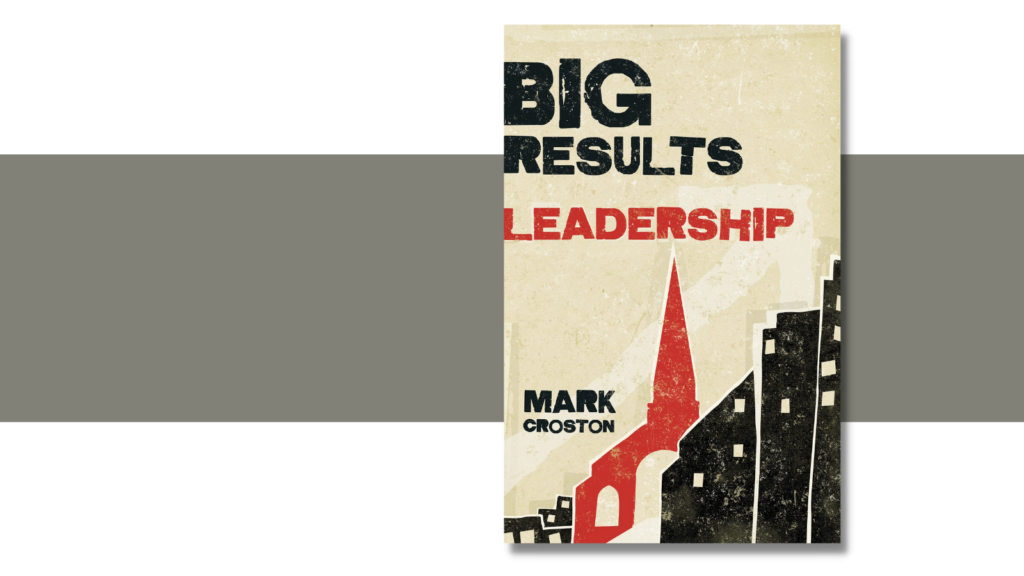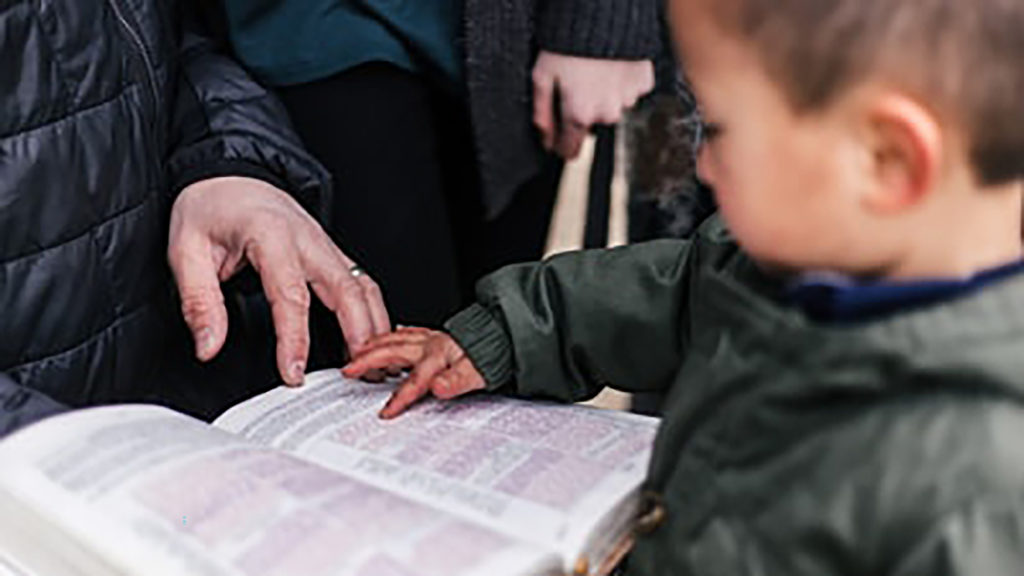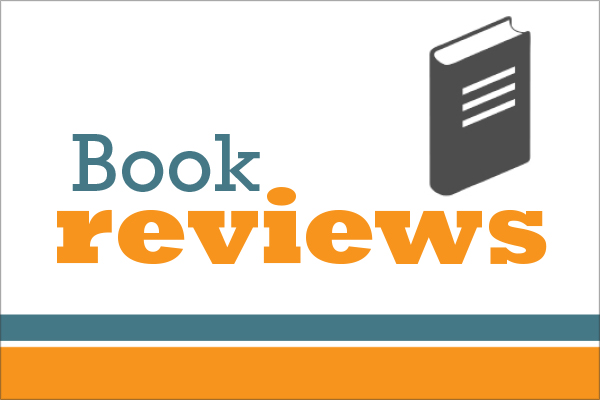Author Malcolm Gladwell may not be known for writing on religion. His New York Times best-selling books “The Tipping Point,” “Outliers,” “Blink” and “What the Dog Saw” deal with the unexpected twists in social science research. But his newest book, “David and Goliath: Underdogs, Misfits, and the Art of Battling Giants,” also includes underlying faith-related themes, and not just in the title. Gladwell said that while researching the book, he began rediscovering his own faith after having drifted away. Gladwell spoke with Religion News Service about how his return to faith changed the way he wrote the book. The interview was edited for length and clarity.
Q: You use the biblical story of David and Goliath in the title and the setup to your book. Do you think we’ve been retelling the story poorly?
A: I think there has been an overemphasis of the idea that David’s victory was improbable. … Here was a guy who brilliantly changed the rules of combat. He was equipped with a sling that was routinely used by armies to defeat the sort that Goliath was. David was … filled with the Spirit of the Lord. Put those things together, why is he an underdog? He’s smarter than his opponent, better armed and he had this extraordinary force in his heart. When you understand that perspective, you understand that sometimes our instinct about where power comes from is wrong.
Q: What are some other examples of faith influencing power?
A: The final two chapters of the book also deal with faith. … (the people in the stories) were able to do extraordinary things because they were armed with faith. They were able to perform acts of courage because they came from godly traditions. In both cases, there are people who had been through enormous adversity and had survived.
Q: Is it true you grew up in an evangelical home?
A: Yeah. I grew up in … the heart of a Mennonite community. All my family are part of the Mennonite church. I joked … that I’m the only member of my family who had never delivered a sermon. Everyone has been to seminary, been a lay preacher.
Q: If your family is still religious, are you?
A: I’ve had a different journey. I had drifted away a little bit. This book has brought me back into the fold. I was so incredibly struck in writing these stories by the incredible power faith had in people’s lives, it has made a profound impact on me in my belief.
Q: Would you call yourself a Christian, or are you figuring that out?
A: I would. On my website, for years, I’ve had this statement of what I believe so readers can know where I’m coming from: “I believe in God.”
Q: Are you part of a church or group?
A: Not at the moment. I was when I lived in D.C. I would go to Washington Community Fellowship. One of the things I’ve been thinking about is trying to join a community.
Q: What about Jesus (in this book)? Where might He fit in your narrative?
A: He does fit. Here is one of the most revolutionary figures in history. He comes from the humblest of beginnings. … He never got rich; He had nothing that we would associate with power and advantage. Nonetheless what does He accomplish? An unfathomable amount.
Q: Many Christians point to some kind of personal conversion experience. Did you have one?
A: I realized what I had missed. It wasn’t an “I woke up one morning” kind of thing. It was a slow realization. … Here I was writing about people of extraordinary circumstances and it slowly dawned on me that I can have that too.





Share with others: